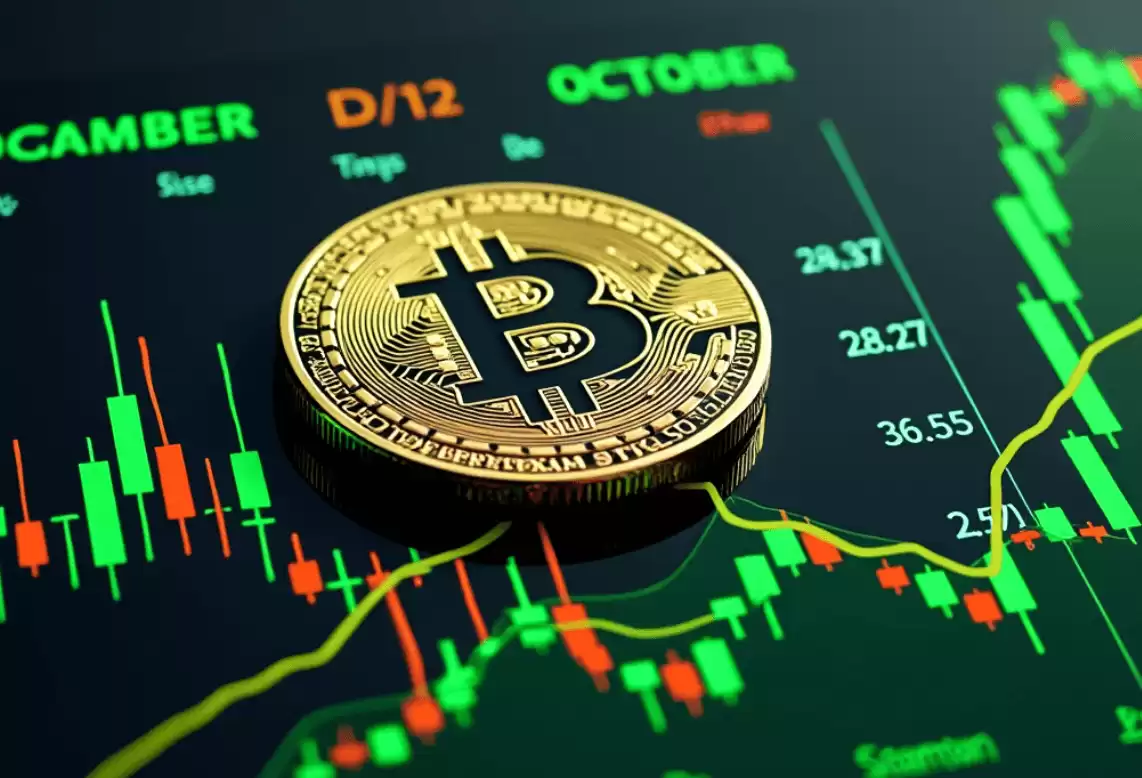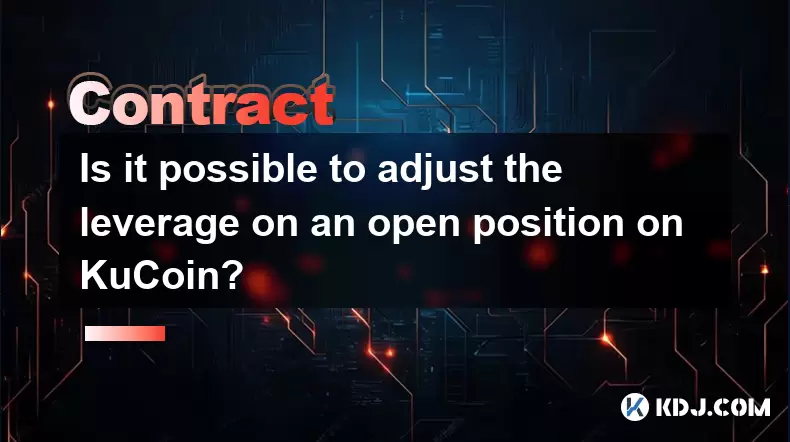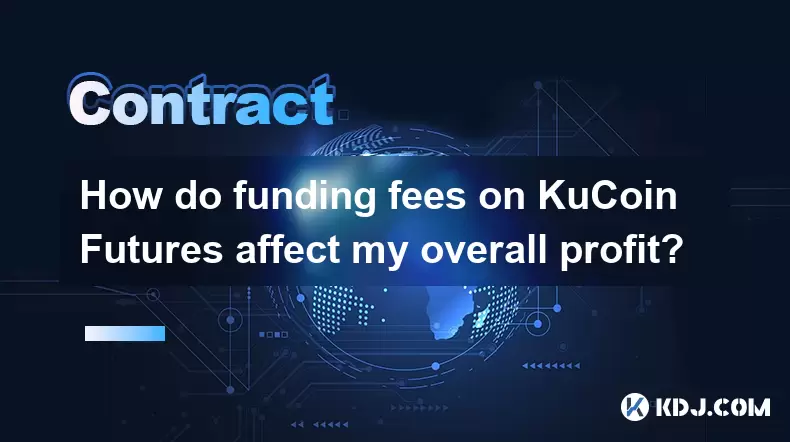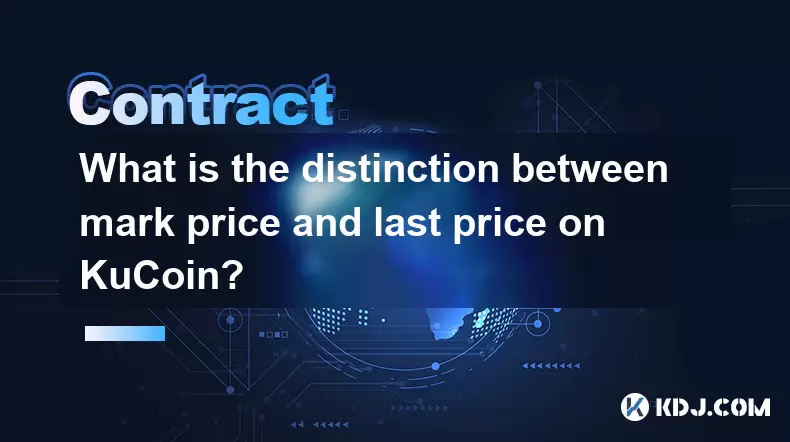-
 Bitcoin
Bitcoin $119000
-2.21% -
 Ethereum
Ethereum $4315
1.01% -
 XRP
XRP $3.151
-3.11% -
 Tether USDt
Tether USDt $0.0000
0.00% -
 BNB
BNB $808.5
-0.71% -
 Solana
Solana $175.8
-4.21% -
 USDC
USDC $0.9999
0.00% -
 Dogecoin
Dogecoin $0.2250
-3.92% -
 TRON
TRON $0.3469
1.77% -
 Cardano
Cardano $0.7818
-3.81% -
 Chainlink
Chainlink $21.47
-2.10% -
 Hyperliquid
Hyperliquid $43.30
-6.81% -
 Stellar
Stellar $0.4370
-2.84% -
 Sui
Sui $3.682
-4.40% -
 Bitcoin Cash
Bitcoin Cash $590.8
2.67% -
 Hedera
Hedera $0.2484
-5.20% -
 Ethena USDe
Ethena USDe $1.001
0.00% -
 Avalanche
Avalanche $23.10
-4.29% -
 Litecoin
Litecoin $119.2
-3.96% -
 Toncoin
Toncoin $3.409
0.90% -
 UNUS SED LEO
UNUS SED LEO $9.016
-1.29% -
 Shiba Inu
Shiba Inu $0.00001304
-3.82% -
 Uniswap
Uniswap $11.18
1.33% -
 Polkadot
Polkadot $3.913
-3.51% -
 Cronos
Cronos $0.1672
-3.08% -
 Dai
Dai $1.000
0.02% -
 Ethena
Ethena $0.7899
-4.70% -
 Bitget Token
Bitget Token $4.400
-1.23% -
 Pepe
Pepe $0.00001132
-5.93% -
 Monero
Monero $257.9
-6.44%
What is Perpetual Contract Coin
Perpetual contract coins provide flexible and leverageable opportunities for speculating on crypto asset prices, offering continuous trading and the potential for enhanced returns.
Dec 06, 2024 at 06:16 pm

Understanding Perpetual Contract Coins: A Comprehensive Guide
Introduction
Perpetual contract coins, also known as perpetual swaps or futures contracts, have emerged as popular financial instruments in the cryptocurrency market. These contracts allow traders to speculate on the future price of an underlying asset, such as Bitcoin or Ethereum, without the need to own the physical asset. In this detailed guide, we will delve into the intricacies of perpetual contract coins, exploring their key features, advantages, and risks.
Key Features of Perpetual Contract Coins
- No Expiration Date: Unlike traditional futures contracts, perpetual contract coins have no set expiration date. They can be held indefinitely, allowing traders to maintain exposure to the underlying asset for as long as desired.
- Leverage: Perpetual contract coins typically offer leverage, which magnifies the potential returns (or losses) of a trade. Traders can use leverage to control a larger position than their account balance would normally allow.
- Mark and Index Price: Perpetual contract coins track two prices: the mark price and the index price. The mark price is the current market price of the underlying asset, while the index price is a weighted average of recent prices.
- Funding Rate: Perpetual contracts employ a funding rate mechanism to maintain the mark price in line with the index price. Traders who hold long positions pay a funding rate to those who hold short positions, and vice versa.
Advantages of Perpetual Contract Coins
- Continuous Trading: Perpetual contract coins enable uninterrupted trading 24/7, providing traders with ample opportunities to capitalize on market movements.
- Leverage Benefits: Leverage can significantly enhance trading profits, but it also amplifies potential losses.
- Flexibility: Traders can easily adjust their position size and leverage at any time, adapting to changing market conditions.
Risks Associated with Perpetual Contract Coins
- Counterparty Risk: As with any financial contract, there is the risk of a counterparty default. In the case of perpetual contract coins, the counterparty is the exchange providing the contract.
- Liquidation Risk: Using leverage increases the risk of having a position liquidated, especially during volatile market conditions.
- Funding Rate Fluctuations: The funding rate can fluctuate significantly, leading to additional costs or unexpected gains for traders holding long or short positions.
Top Perpetual Contract Coins Based on Market Share
- Binance (BNB): Largest perpetual contract exchange in terms of market share, offering a wide range of crypto assets for trading.
- Okex (OKB): Leading exchange known for its robust trading platform and low trading fees.
- KuCoin: User-friendly exchange with a strong focus on altcoin trading, including perpetual contract pairs.
- Huobi (HT): Well-established exchange with a strong presence in Asia and a variety of perpetual contract options.
- BitMEX: Pioneering exchange specializing in perpetual contract trading, known for its high leverage and low latency systems.
Step-by-Step Guide to Trading Perpetual Contract Coins
- Create an Account: Open an account on a reputable exchange that offers perpetual contract coins.
- Fund Your Account: Deposit funds into your exchange account to cover your trading capital.
- Select a Trading Pair: Choose the perpetual contract pair you wish to trade, such as BTC/USDT or ETH/USD.
- Configure Position Size: Determine the size of your position based on your trading strategy and risk tolerance.
- Set Leverage: Adjust the leverage if desired, keeping in mind the associated risks.
- Execute the Trade: Submit a buy or sell order to open a position.
- Monitor Position: Regularly track the performance of your position and make adjustments as needed.
Additional Tips for Trading Perpetual Contract Coins
- Manage Risk: Implement proper risk management strategies to mitigate potential losses, such as setting stop-loss orders.
- Control Leverage: Use leverage prudently to avoid overexposure and minimize the risk of liquidation.
- Understand the Funding Rate: Be aware of the funding rate implications when holding long or short positions.
- Practice with a Demo Account: Consider using a demo account to familiarize yourself with perpetual contract trading before trading with real funds.
- Seek Professional Advice: If you are uncertain about any aspect of perpetual contract trading, consult a qualified financial advisor.
Disclaimer:info@kdj.com
The information provided is not trading advice. kdj.com does not assume any responsibility for any investments made based on the information provided in this article. Cryptocurrencies are highly volatile and it is highly recommended that you invest with caution after thorough research!
If you believe that the content used on this website infringes your copyright, please contact us immediately (info@kdj.com) and we will delete it promptly.
- Arc Blockchain: Circle's Layer-1 Play Amidst $428 Million Loss
- 2025-08-12 20:30:13
- XRP Price: Riding the Bull Cycle Wave or Hitting a Wall?
- 2025-08-12 20:50:12
- Cloud Mining in 2025: Chasing Passive Income and High Returns
- 2025-08-12 20:30:13
- Solana Price, Meme Coins, and 100x Gains: What's the Hype?
- 2025-08-12 20:50:12
- Japan, Bitcoin, and Treasuries: A New Era of Corporate Finance?
- 2025-08-12 18:30:12
- Bitcoin Bull Market: Decoding the Indicators for the Next Big Move
- 2025-08-12 18:30:12
Related knowledge

Is it possible to adjust the leverage on an open position on KuCoin?
Aug 09,2025 at 08:21pm
Understanding Leverage in KuCoin Futures TradingLeverage in KuCoin Futures allows traders to amplify their exposure to price movements by borrowing fu...

What cryptocurrencies are supported as collateral on KuCoin Futures?
Aug 11,2025 at 04:21am
Overview of KuCoin Futures and Collateral MechanismKuCoin Futures is a derivatives trading platform that allows users to trade perpetual and delivery ...

What is the difference between realized and unrealized PNL on KuCoin?
Aug 09,2025 at 01:49am
Understanding Realized and Unrealized PNL on KuCoinWhen trading on KuCoin, especially in futures and perpetual contracts, understanding the distinctio...

How does KuCoin Futures compare against Binance Futures in terms of features?
Aug 09,2025 at 03:22am
Trading Interface and User ExperienceThe trading interface is a critical component when comparing KuCoin Futures and Binance Futures, as it directly i...

How do funding fees on KuCoin Futures affect my overall profit?
Aug 09,2025 at 08:22am
Understanding Funding Fees on KuCoin FuturesFunding fees on KuCoin Futures are periodic payments exchanged between long and short position holders to ...

What is the distinction between mark price and last price on KuCoin?
Aug 08,2025 at 01:58pm
Understanding the Basics of Price in Cryptocurrency TradingIn cryptocurrency exchanges like KuCoin, two key price indicators frequently appear on trad...

Is it possible to adjust the leverage on an open position on KuCoin?
Aug 09,2025 at 08:21pm
Understanding Leverage in KuCoin Futures TradingLeverage in KuCoin Futures allows traders to amplify their exposure to price movements by borrowing fu...

What cryptocurrencies are supported as collateral on KuCoin Futures?
Aug 11,2025 at 04:21am
Overview of KuCoin Futures and Collateral MechanismKuCoin Futures is a derivatives trading platform that allows users to trade perpetual and delivery ...

What is the difference between realized and unrealized PNL on KuCoin?
Aug 09,2025 at 01:49am
Understanding Realized and Unrealized PNL on KuCoinWhen trading on KuCoin, especially in futures and perpetual contracts, understanding the distinctio...

How does KuCoin Futures compare against Binance Futures in terms of features?
Aug 09,2025 at 03:22am
Trading Interface and User ExperienceThe trading interface is a critical component when comparing KuCoin Futures and Binance Futures, as it directly i...

How do funding fees on KuCoin Futures affect my overall profit?
Aug 09,2025 at 08:22am
Understanding Funding Fees on KuCoin FuturesFunding fees on KuCoin Futures are periodic payments exchanged between long and short position holders to ...

What is the distinction between mark price and last price on KuCoin?
Aug 08,2025 at 01:58pm
Understanding the Basics of Price in Cryptocurrency TradingIn cryptocurrency exchanges like KuCoin, two key price indicators frequently appear on trad...
See all articles

























































































